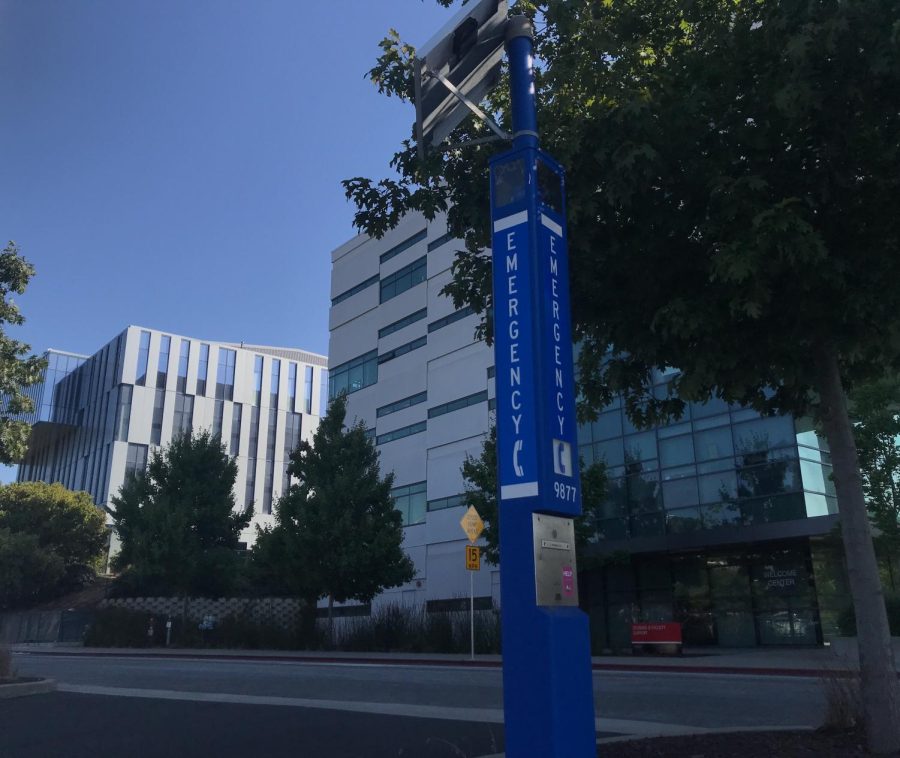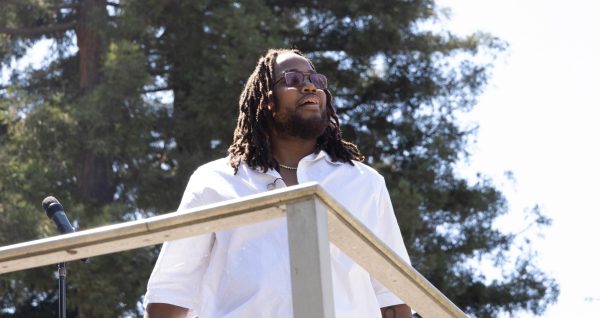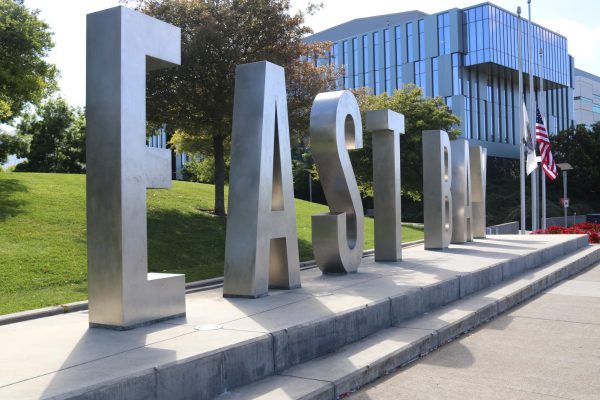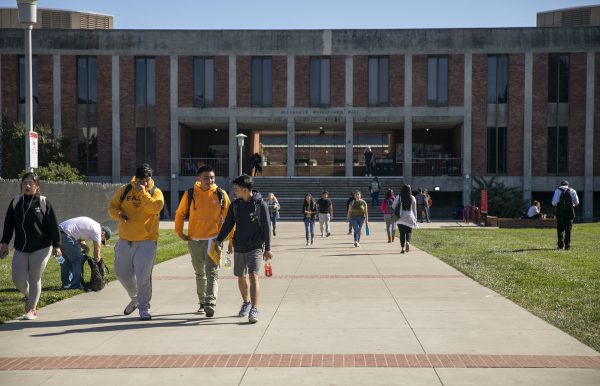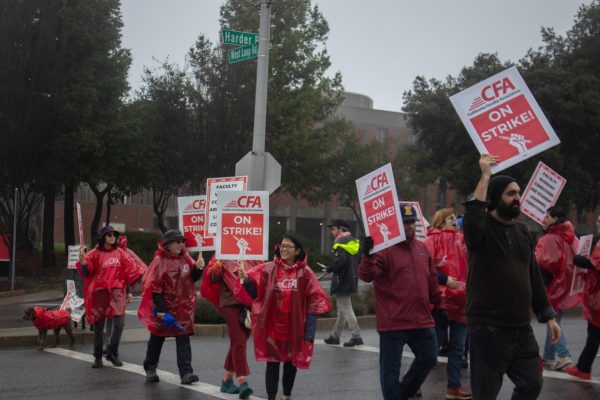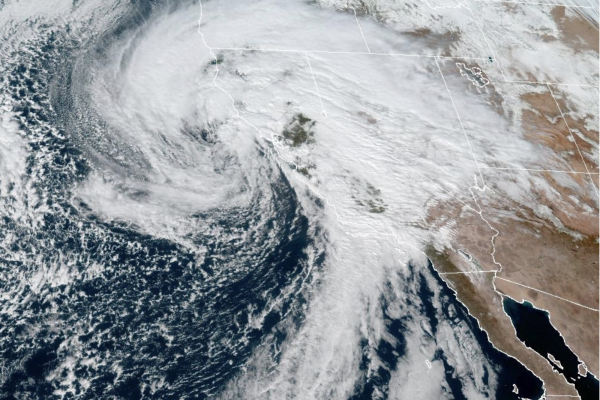Alameda County Now Responds To After-Hour Reports
July 29, 2022
What does this mean for the safety of students?
The University Police Department (UPD) has contracted Alameda County to handle calls made on the California State University, East Bay campus. University dispatching services were previously available on campus 24/7, but through attrition and a shortage of staff, calls are now being directed to the Alameda County Sheriff’s Office.
The state requires a minimum of 1,200 calls per month as a requirement to provide funding. “The state of California monitors all 911 calls that occur and they realized our 911 calls were below the threshold. We weren’t getting a lot of 911 calls, [which meant] we were going to have to decide as to whether to hire more dispatchers, even though there were not enough monthly calls, or contract with another entity,” said Mark Flores, UPD’s Chief of Police.
The Hayward Police Department was considered as an option for a potential contract, however, the entity is rather small and does not have a large number of dispatchers.
Ultimately, UPD chose the Alameda County Sheriff’s Department due to the agency’s comparatively larger staff body and greater access to resources. Unlike the HPD, ACSD can respond to distress calls after hours and during weekends. The deciding factor was: “Do we continue to pay dispatchers for a minimum amount of work or give them other career opportunities?” commented Flores. The UPD isn’t forfeiting its on-campus presence regardless of the partnership. Several UPD officers are still notified of on-campus reports and can directly investigate the aforementioned reports.
The procedure for reporting emergencies remains the same. Flores stated, “The process hasn’t changed; the only thing that has changed is where the calls are being taken from.” Calls no longer reach the UPD; instead, they are now redirected to Alameda County Sheriff’s Office in San Leandro.
Furthermore, police response protocol is unchanged. “There’s a misconception when switching dispatching services that officers were no longer responding from this campus, which is not true. Our police officers still remain working from this office. They’re either here in the UPD or patrolling on campus,” said Flores.
The biggest takeaway is that it is not Alameda County sheriffs responding. “Calls will still go to Hayward Police Department if it’s a cell call, but we will be notified. It is still university police officers that are responding,” said Flores.
One looming concern lies with ACSD officers experiencing difficulty in navigating an unfamiliar campus during UPD off-hours, thus delaying response time and potentially endangering lives. However, this problem might not be as pressing as one might think.
“If I were a student, I’d be concerned only if police are responding from off campus, but since that’s not the case, there’s not much of a difference compared to the past,” allayed Flores. As long as UPD officers continue to respond to calls, this should not be an issue.
In response to the change in general, Flores said, “I don’t believe the university would ever intentionally do something to make the campus less safe. It’s the opposite. You want the campus to grow.” The change in police dispatchers was less about saving money and more about reevaluating ways in which the UPD can provide better service for our campus community.
“The [Alameda County Police Department] has more people and equipment. You have to kind of look at it from a business model,” added Flores, noting that, at the end of the day, the UPD strives to ensure that students feel comfortable learning.
Jun Wu, a junior at CSUEB, said that the change serves as an obstacle. “Why was there such a change and what is it for?” Wu wondered.
Senior Humza Shah shared Wu’s apprehensive view, stating, “I am kind of against it because I think the school’s UPD should be taking initiative of their own job and help students from their standpoint. I worry that there may be a delay in response.”
Upon being informed that on-campus police officers will continue to patrol and act with no delay to response time, Shah felt relieved, otherwise commending the UPD’s performance thus far.
Ajay Thakur, a CSUEB graduate student, replied, “Whatever is quickest is all that matters. As long as cases are attended to and calls can get picked up fast, then there shouldn’t be any issue.”
Despite a general sense of anxiety, the UPD hopes that students are at ease, knowing that the UPD will continue to respond to on-campus emergency calls.




